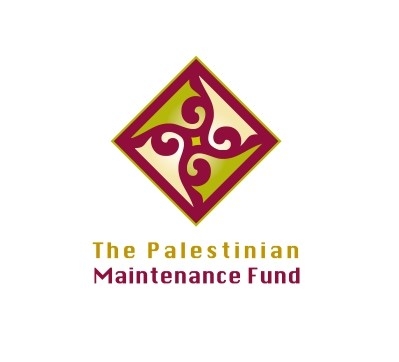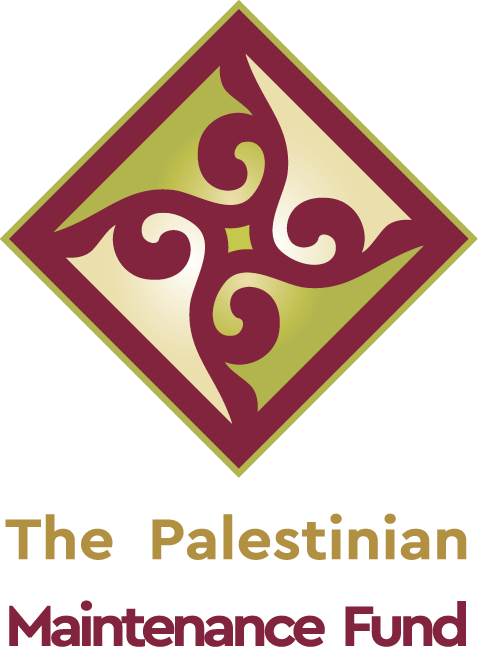“My Marriage Was a Grave—Its End Was a Celebration”

For Nihaya, the end of her marriage marked a new beginning—the moment she reclaimed her freedom, dignity, and right to self-determination. She describes it as a celebration, a turning point that allowed her to finally see herself with strength and self-respect.
Married at 23, Nihaya endured two years of hardship, injustice, and emotional abuse. She lost a baby boy, gave birth to a daughter, and suffered treatment she describes as humiliating and degrading. “It wasn’t a life,” she says. “It was a grave.”
Now 32 years old, a university graduate and a mother, Nihaya lives with her family in southern Hebron. Speaking with long pauses and silent emotion, she recalls how even her grief was policed—her former husband once forbade her from crying over her deceased son. Her mother-in-law forced her to work just one day after giving birth, resulting in severe bleeding and hospitalization.
Living in Jordan at the time, she hid the reality of her life from her family, trying to maintain the image of a happy marriage. But the truth was painful—her husband took control of her salary, spending it entirely while giving her only 100 shekels. “He sold all my gold. Even the money my sister gave me—he took that too.”
After being diagnosed with a cancerous tumor in her neck, her physical and emotional health collapsed. With no support from her husband, she returned to Palestine, where her father stepped in with love and care. Thanks to his support, she recovered—almost completely.
Today, Nihaya works at the Ministry of Health and is pursuing her master's degree. She believes deeply in a full recovery—and in her right to live with dignity and respect.







